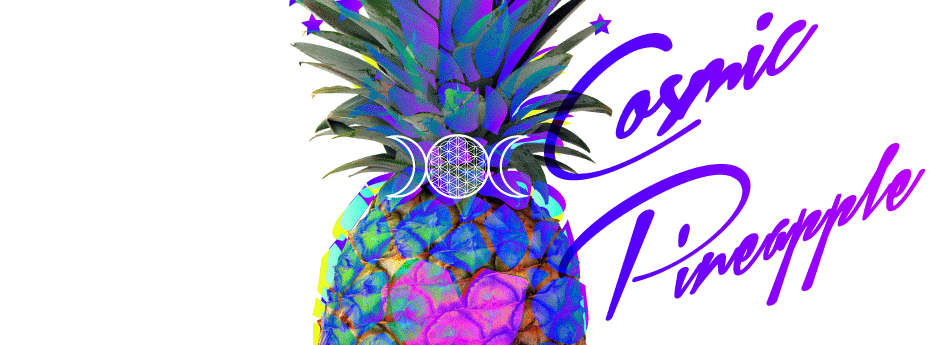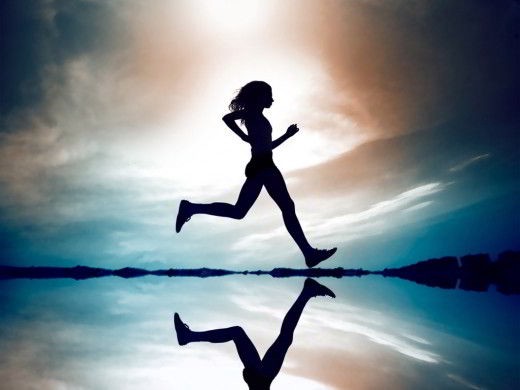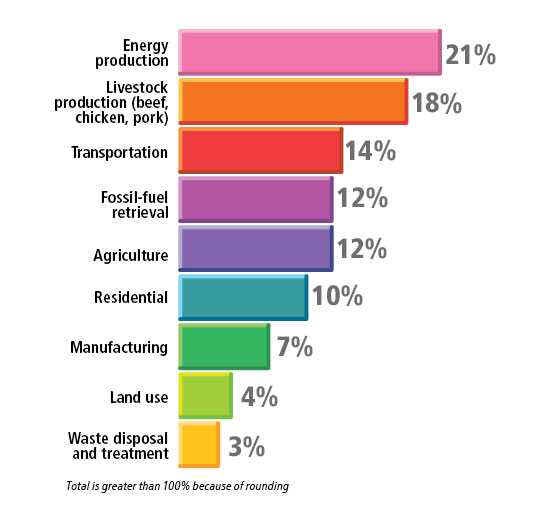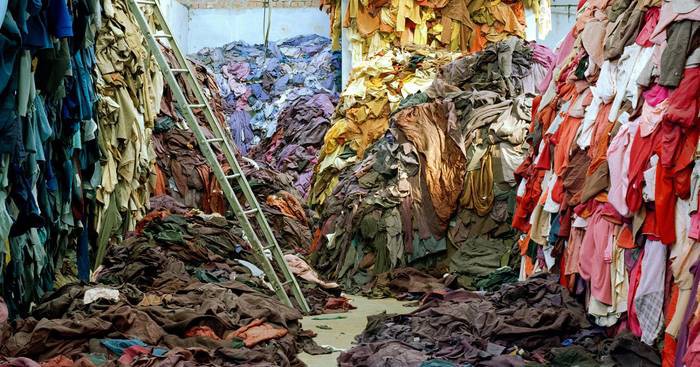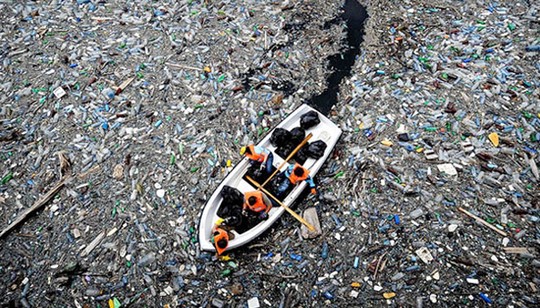Melissa Maouris gives five steps on how our lifestyle and consumer choices can create a positive impact our planet.
Isn’t it funny how the present moment seems so unsurpassable. We feel we are at the pinnacle of our knowledge, then technology and experience topples our claims and lead us kicking and screaming into the future.
Lately health has been at the forefront of our consciousness as we collectively become aware of the need to take care of our bodies. However as this becomes omnipresent (and the sight of people’s food on our social media makes us grimace), we can already see a shift towards the environment and making more sustainable decisions in our lifestyle choices.
We are all consumers, active in an increasingly unconscious cycle that causes a far-reaching impact on the environment and lives of others. Perhaps we will never meet these people or see the damage we have created, but nonetheless as our knowledge advances a growing number of people desire to know whether those choices are positively or negatively affecting it.
Below are five ways your daily choices can help change the world, one step at a time.
1. Food
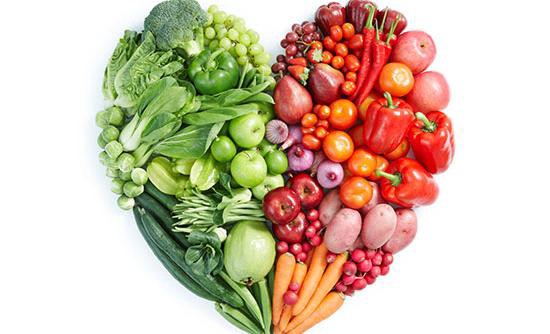
The media are beginning to pick up on the true cost of eating sustainably. Whether it be eating meat, or dairy products, or just choosing organic or produce with less air miles, our food choices are the first way we can make an impact. Choosing not to eat meat can reduce carbon emissions more than stopping driving your car. That’s all down to the methane animals produce and the amount of land needed to farm them. Also those that think by eating better quality meat you are doing your bit, it’s been shown organic and grass reared animals can often have the same if not a bigger imprint than factory farmed ones. There’s studies currently active to transfer elements of the gut lining of kangaroos to cows to cut emissions. How about we just eat less meat?
Learn more here http://www.cowspiracy.com/facts/
2. Clothes
Fast fashion has become the norm in the past few decades with the young generations of today consuming 400 times more garments than their parents. It has been said fashion is the 2nd most polluting industry in the world after oil. That’s due to the chemicals used in the process such as lead, formaldehyde, pesticides, and carcinogens that are woven into the fabrics. Not only do we put on our bodies, but the run-off from factories back into the earth is causing infertility and deadly diseases in many third world countries in which the fashion industry dominates. The rise of consumption has also increased our donations to charity and thrift stores, of which only 10% is ultimately sold on at the source. The rest make it into landfill or go on to third world countries and directly impact on their own industries. As demand rises, the price is falling – which doesn’t add up. Someone, somewhere is paying for that fall. Often the most vulnerable, or our home – planet earth. So next time you reach for those cheap jeans, spare a thought for where it came from and where it may end up.
Learn more http://truecostmovie.com/learn-more/environmental-impact/
3. Beauty products
Much the same as fashion, the beauty industry is a thriving and diverse market making all manner of claims about accelerating youthfulness. Many labels are also misleading, with little or no legislation enforced on those branding themselves as ‘natural’. Known carcinogenic chemicals such as mineral oils and parabens are still ubiquitous, and direct links to breast cancer now being made. Not to mention frivolous plastic that are being added to products and directly contribute to the polluting of our environment. The most surprising brands also still test on animals such as the Estee Lauder umbrella group, which owns many of the most popular high street brands.
Learn more http://www.safecosmetics.org/get-the-facts/
You can also check the products from Deva Botanicals
4. Plastic & packaging
There has been much said about the great plastic island that’s growing in our oceans. As depressing as that truth is, there are many heroic stories rising from the depths of the danger such as the Ocean Clean Up headed by young Dutch entrepreneur Boyan Slat, who has developed technology to rid the seas of the toxic plastic we are dumping into it. That’s currently in beta, but many cities and countries have enforced a ban on plastic bags, which is a major contributor to the problem. A major choice we are in control of is packaging, and many new stores are now offering an unpackaged choice of purchasing, further stripping back on waste.
Learn more http://www.vice.com/video/toxic-garbage-island-1-of-3
5. Energy
It’s an obvious one but green energy is growing faster than any of us expected. There are many new companies offering our households a sustainable choice of power such as Good Energy and Bulb that supplies from renewables. The divestment movement is gaining pace with a quarter of British universities and over 500 institutions representing over $3.4trillion moving their money out of the fossil fuel industry. Individuals are now able to make similar decisions in their pensions and investments.
Learn more at gofossilfree.org
With the COP21 Paris agreement now legally binding and the world hurtling towards greener aspirations, how do we create a future that allows the next generation to prosper as we have? Make better choices. That’s always a good start.
This post was written by Melissa Maouris
